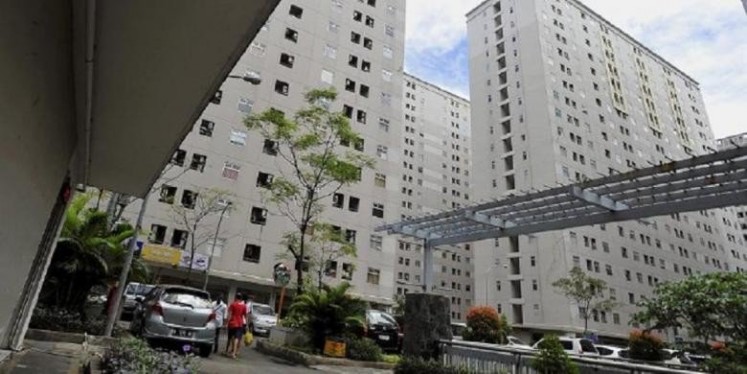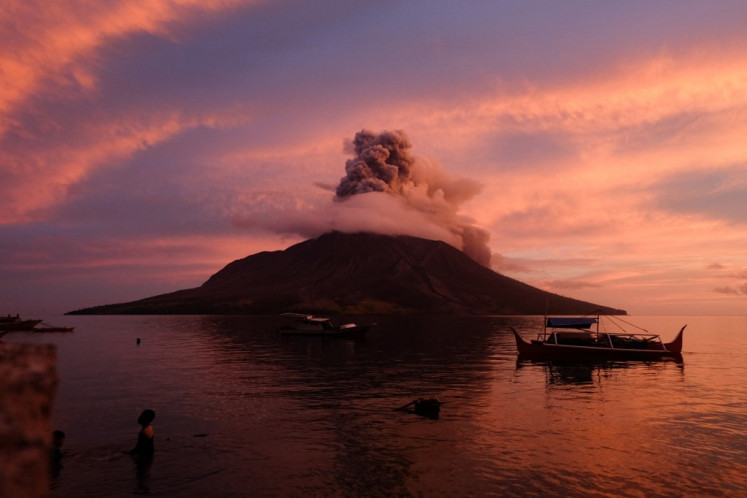Clean water still high priority in Vanuatu, says Oxfam
One month after Cyclone Pam stormed through the small island nation of Vanuatu, water remains scarce, with small islands dependent on rainwater the most in need, Oxfam says
Change Size

O
ne month after Cyclone Pam stormed through the small island nation of Vanuatu, water remains scarce, with small islands dependent on rainwater the most in need, Oxfam says.
The international aid agency said it had been trucking-in clean water to thousands of people to prevent the spread of disease. Efforts are now turning to developing more sustainable solutions.
Oxfam Australia chief executive Helen Szoke said the people of Vanuatu had shown incredible resilience and were focused on returning to self-sufficiency as soon as possible.
'Cyclone Pam blew water tanks for kilometers in some areas and contaminated water sources, including wells,' she said in a press release.
In the weeks since the cyclone hit the island, Szoke said, Oxfam had delivered more than 150,000 liters of emergency water to communities on Efate Island to meet their immediate needs.
'We've also been pumping out contaminated wells and refilling them with clean water on Ambrym Island, including one at a school. The next phase will be restoring water systems and distributing pipes, pumps and tarpaulins to assist with rainwater harvesting,' she said.
Cyclone Pam hit Vanuatu on March 13, tearing through the archipelago with winds of up to 250 kilometer per hour. More than 13,000 homes were damaged and lives were uprooted.
'With 80 percent of the population reliant on agricultural production prior to the cyclone, there is an urgent need for crops to be replanted,' Szoke said.
'Replanting is essential for long-term food security, so we are providing seeds and tools as well.'
Oxfam said it had been distributing hygiene kits, reaching a third of the population of Ambrym Island, to further combat the spread of preventable diseases. (ebf)(++++)









